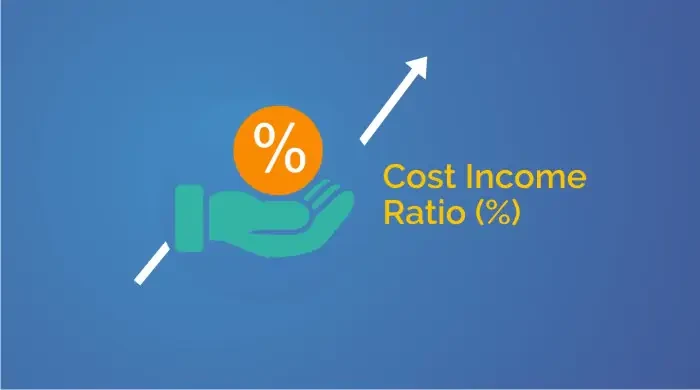
WASHINGTON — The Federal Reserve gathered yesterday under growing pressure to take some type of action to stem a financial market meltdown linked to fears of a new US recession.
The trouble was, the Fed’s policy toolkit looked rather depleted, making some question the likely effectiveness of any further monetary stimulus.
While most analysts expected the Federal Reserve not to make any major changes in policy at its meeting yesterday, some wondered whether market disruptions of recent sessions warrant some kind of central bank intervention. The Fed was to deliver its policy statement around 2:15pm (1915GMT).
US stocks extended last week’s rout on Monday, with the Dow Jones industrial average ending 5,55% lower following Friday’s historic downgrade of the US AAA credit grade by ratings firm Standard & Poor’s (S&P).
US stocks saw their biggest one day drop since December 1 2008 during the worst of the financial crisis of that year. Bank shares were severely punished, raising fears of a new market meltdown.
“If the Fed does nothing, it could prove to be a disappointment at this point,” said JP Morgan analysts on a conference call to discuss the S&P downgrade.
Some economists argue the Fed is close to out of bullets. Interest rates are effectively zero and the Fed’s balance sheet stands at a record $2,9 trillion after an unprecedented programme of unconventional monetary easing.
Still, there are a few things the Fed could do to reassure markets, including to suggest it will revise down its growth forecasts — the first signal that it is leaning toward further policy accommodation.
- Chamisa under fire over US$120K donation
- Mavhunga puts DeMbare into Chibuku quarterfinals
- Pension funds bet on Cabora Bassa oilfields
- Councils defy govt fire tender directive
Keep Reading
The central bank might also decide to begin reinvesting proceeds of maturing bonds in its portfolio into longer-dated Treasury maturities, putting further downward pressure on long-term borrowing costs. Yet with those rates already at their lowest in over two years, there is a sense that such an effort might prove fruitless.
Despite the loss of the US government’s prized AAA credit rating from S&P’s, a steep rally in US Treasuries, on renewed fears of a global downturn, has pushed such yields to their lowest levels in over two years. So it is unclear how much positive effect on the economy any move by the Fed to lower rates would have.
Another move the Fed could make, but one that few expect, is another round of bond purchases. These are seen as controversial and only modestly effective, so policymakers will be reluctant to resort to them again.
“(It) depends on how confident the Fed is in their own forecast,” said John Silvia, economist at Wells Fargo.
At the moment, it was difficult to imagine that such confidence was very high. In June, the Fed forecast growth of 2,7% to 2,9% for 2011. But that was before the rate of first-half expansion was revised sharply downward, and the employment picture worsened.
US gross domestic product rose just 0,4% in the first quarter, and only 1,3% in the second quarter. Meanwhile, the jobless rate continues to hover above 9% with no clear hint that it is coming down soon.
Adding to concerns about the financial system, the latest rescue package from the European Central Bank, aimed at putting a floor on selling of Italian and Spanish bonds, was greeted with skepticism among investors.
Fed officials have noted that, while US bank exposure to smaller European nations like Greece and Portugal is relatively minor, there is a certain contagion risk from their holdings of vulnerable European banks. — Reuters











